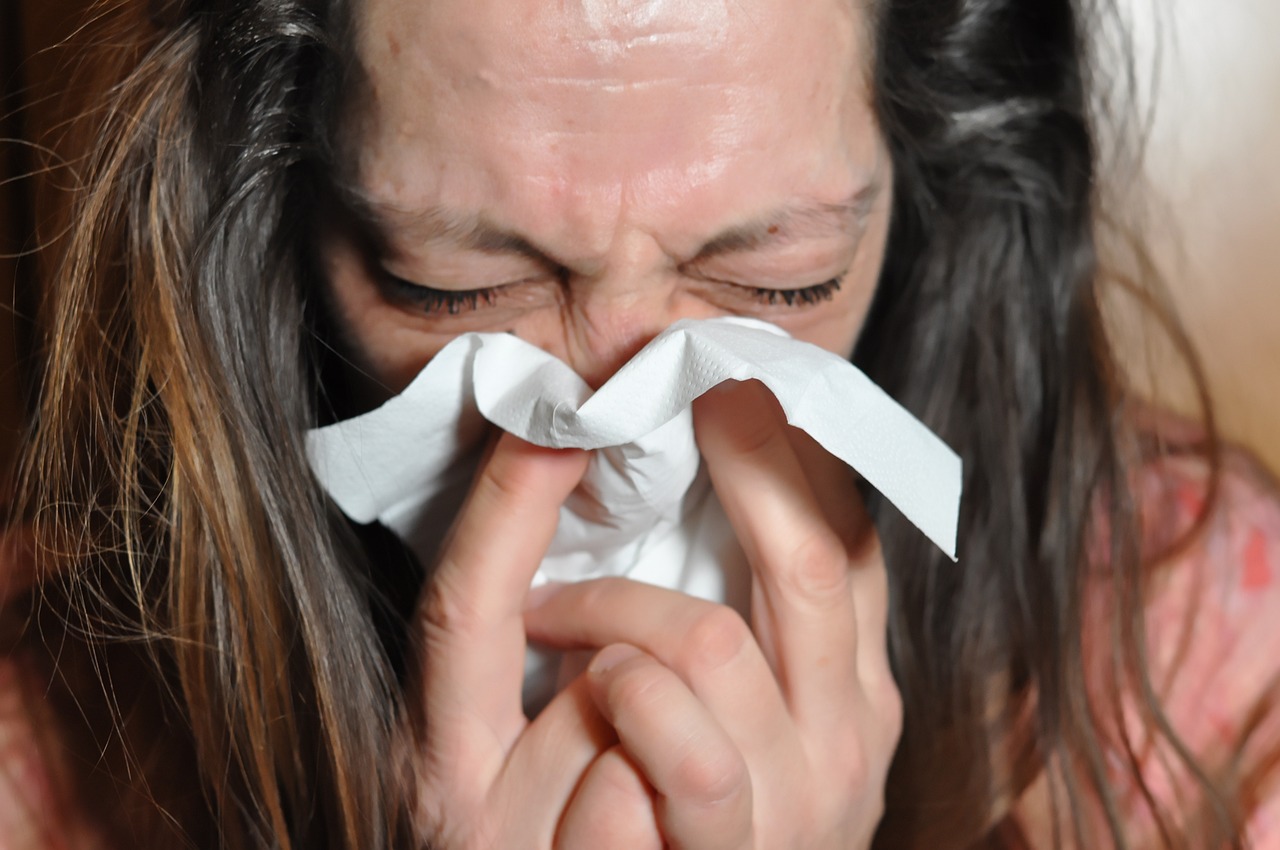By Aditya Aryan, Health Consultant
Whooping cough, or pertussis, is seeing a significant resurgence this year. According to the Robert Koch Institute (RKI), cases in 2024 have surged sixfold compared to the previous year, with over 20,000 reported cases by October. This highly contagious disease remains a serious concern, particularly for unvaccinated individuals and newborns.
Table of Contents
Let’s explore what’s driving this spike, how to recognize symptoms, and the steps to protect yourself and your loved ones.
What Is Whooping Cough?
Whooping cough is a bacterial infection caused by Bordetella pertussis. It spreads through respiratory droplets and is highly contagious. Though it often affects children, adolescents and adults are also at risk, especially if vaccinations are not up-to-date.
Symptoms of Whooping Cough
The illness typically progresses in stages:
- Early Phase (1-2 weeks)
- Cold-like symptoms
- Mild fever
- Runny nose
- Coughing Phase (4-6 weeks)
- Persistent dry cough
- Severe coughing fits, sometimes causing vomiting
- Difficulty breathing
- Recovery Phase (weeks to months)
- The cough gradually subsides but may linger after exertion or exposure to cold air.
In vaccinated individuals, symptoms may present as a prolonged, milder cough. However, for unvaccinated newborns, pertussis can be life-threatening.
Why Are Cases Rising in 2024?
Experts suggest the following factors for the surge:
- Vaccination Gaps: A decrease in routine vaccinations during the pandemic left many unprotected.
- Increased Awareness: Better reporting and testing have likely contributed to higher case detection.
- Natural Cycles: Pertussis outbreaks tend to occur in cycles every 3-5 years.

Who Is Most at Risk?
- Unvaccinated individuals: Especially children under 6 months old.
- Elderly people: Weakened immune systems increase their susceptibility.
- Pregnant Women: Infections during pregnancy can be severe.
How to Protect Yourself
1. Vaccination Is Key
The pertussis vaccine is part of the DTaP (diphtheria, tetanus, and pertussis) series for children and Tdap for adolescents and adults. Pregnant women should receive a booster during each pregnancy to protect newborns.
2. Good Hygiene Practices
- Wash hands frequently.
- Avoid close contact with infected individuals.
- Cover your mouth and nose when coughing or sneezing.
3. Seek Prompt Medical Attention
If you or your child experience a persistent cough, consult a healthcare provider for diagnosis and treatment. Antibiotics can help reduce the severity and spread of the disease.
FAQs
1. How effective is the vaccine?
The pertussis vaccine significantly reduces the risk of severe illness but doesn’t guarantee complete immunity. Booster doses are essential for lasting protection.
2. Can adults get whooping cough?
Yes, adults can contract pertussis, particularly if their immunity has waned. Vaccination helps reduce risk.
3. How is whooping cough treated?
Treatment typically involves antibiotics, rest, and hydration. Severe cases may require hospitalization, especially in infants.
4. Can whooping cough be fatal?
While rare, pertussis can be fatal, particularly in newborns and unvaccinated individuals.
5. Are there long-term effects of pertussis?
In severe cases, complications like pneumonia, rib fractures from coughing, or brain damage in infants may occur.
The sharp rise in whooping cough cases highlights the need for vigilance. Vaccination and early detection remain the most effective tools to curb this resurgence.
Stay informed, and stay protected!
Aditya Aryan
Health Consultant and Blogger

